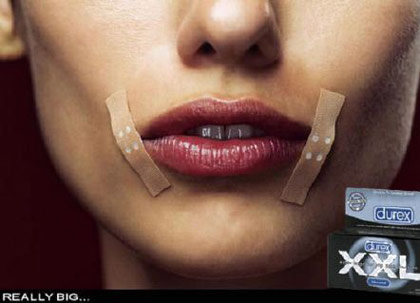Asian-American Women in Media
Asian American women in the media are far and few between and when they are seen they are portrayed as a "Model Minority". They all have professional jobs, are hard workers and are problem solvers. What lacks in many sitcoms and in the media is a family element, many young asian women and inspiring professionals with 3 degrees in education and a hard-headed view on life this is very stereotypical to how society views Asian-Americans in general.
Sandra Oh - She is a doctor on the television show Grey's Anatomy. She is hard working, graduated first from her class from Stanford. She is the most competitive woman in the residency program and stops for nothing to be on top. Stereotype much?
Asian Annie - This character appeared on an episode of the series Community who is suppose to mirror the already established white character Annie. Asian Annie is a hard driven perfectionist who challenges everyone at everything, and succeeds.
I asked the people around me about how they felt when they see their culture represented in this way:
Di, 25
Background: Vietnamese
Occupation: Student
"I mean, I grew up in a household here I had to get good greats and be successful. My parents expect me to get a PhD... and I will. On some level I think it will benefit me that they push me so hard because I will be make money in the long run but the pressure can be really frustrating."
Vivian, 28
Background: Chinese
Occupation: Dental Assistant
"I am not a stereotypical asian. I did ok in school. I get a trade degree and in my family I might as well dropped out of high school. Its tough, I fell like my parents are ashamed of me. So when I see these types of stereotypes in TV I don't get offended by it because it is true. Most asian kids go crazy trying the please their parents. Its a stereotype for a reason."
Asian-Americans in Advertisements
Marketing asian women in advertisement takes on a different type of stereotype on, the asian women seen in american advertisements take on the exotic, mysterious and sometimes dangerous persona.
Asian women are usual portrayed in ads to have a strong tie with their culture. weather or not the ad itself is for an asian based product or company, the women used in these pictures often sexualized using their "exotic" backgrounds.







